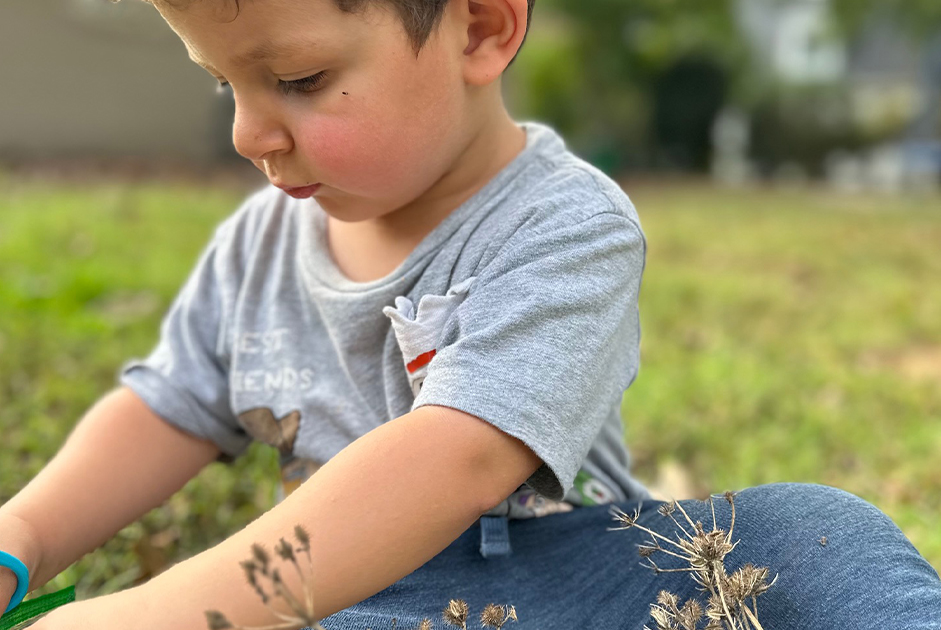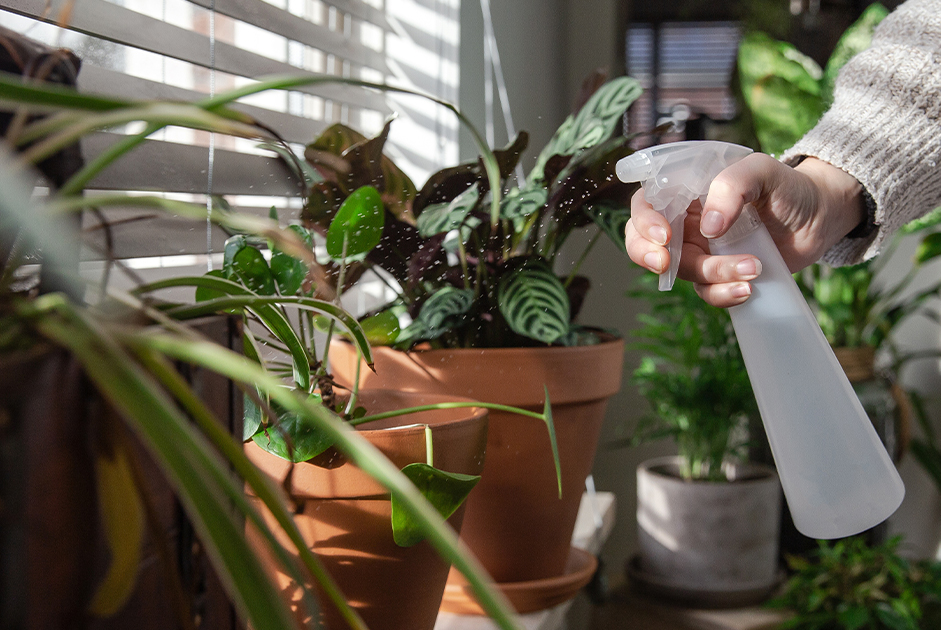The month of October in the southeast began from a place of fear and despair. Towns, homes and businesses were wiped from the side of mountains in western North Carolina by sheer force and buried under the weight of water that the Carolinas have not seen in modern history. Mother Nature left us questioning her compassion and love for our beautiful mountain communities. Still, what we saw in the aftermath of this horrible storm was a love for our fellow neighbors through action. Neighbors took in families that lost everything and came together to remove debris or rescue survivors in isolation. Communities that remained dry and mostly unharmed came together to ship, fly and drive water, food, non-perishables, hygiene products and baby supplies up to the communities stranded and in need.
What does this have to do with gardening?
This was a 1,000-year flood. There was no reason for flood insurance or preparation. This flood was never supposed to happen. Still, even when you do everything you can to prepare your soil, properly feed your plants and protect your crops from pests, the environment doesn’t discriminate, and it can eliminate all best efforts.
Farms in Georgia, North and South Carolina that support food to local communities and all over the country were both harmed and destroyed resulting in a supply chain interruption that could last for years. Georgia cotton, peanut and soybean plants were completely washed out while fruit and pecan trees were uprooted with catastrophic damage. More than 100 chicken processing plants were either damaged or totally destroyed. Large plant nurseries in western North Carolina lost nearly all inventory and endured great damage to their infrastructure.

As we have learned in our gardening journey, soil is one of the key ingredients to successful gardening and crop cultivation. The organic topsoil of some of these farms that has taken years to cultivate was washed away and replaced with debris. We’ve also learned how ecosystems work together with the pollinators of one plant enabling growth of another. It is estimated that at least two billion bees and their hives have been destroyed from this storm. These severe weather events that eliminate forests and flowering plants ultimately destroy the homes and food sources of birds, butterflies and bees; displacing pollinators necessary for plant growth.
This gardener spent some time in the high country using my hands in whatever way I could to move brush and debris. I also ripped up much of my own garden, damaged by wind and rain. While, at the same time, planting seeds for the season ahead because that’s what gardeners and farmers do. Even in the face of uncertainty and possibility for total loss, farmers act from a place of gratitude for what they were able to accomplish and hope for the season ahead. While in the high country, I saw the victims of this horrible storm operate from a place of just that, gratitude and hope.
Happy Thanksgiving, Lake Norman Magazine readers. Blessed ourselves, let’s continue to do what we can to be a blessing to others.




















